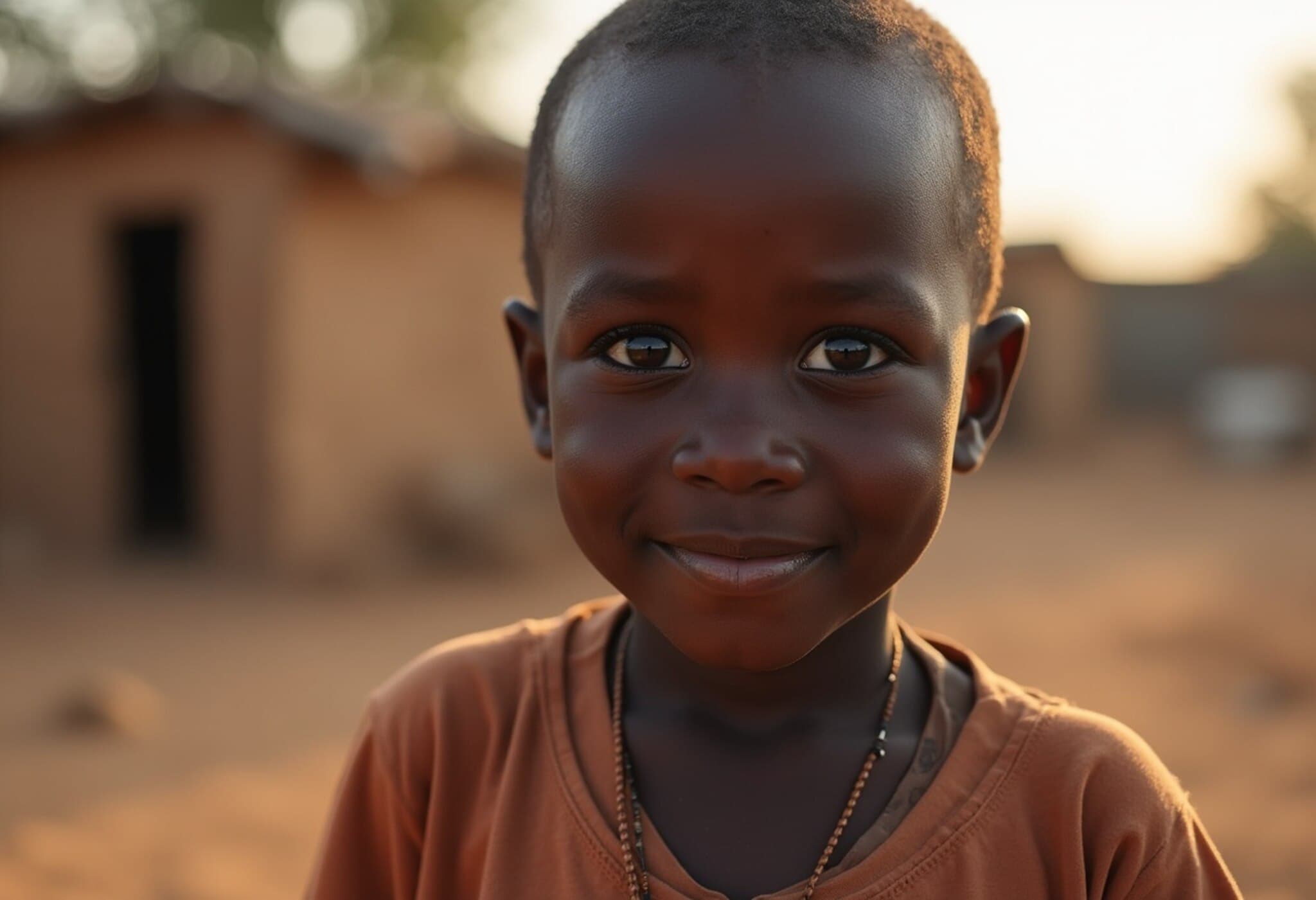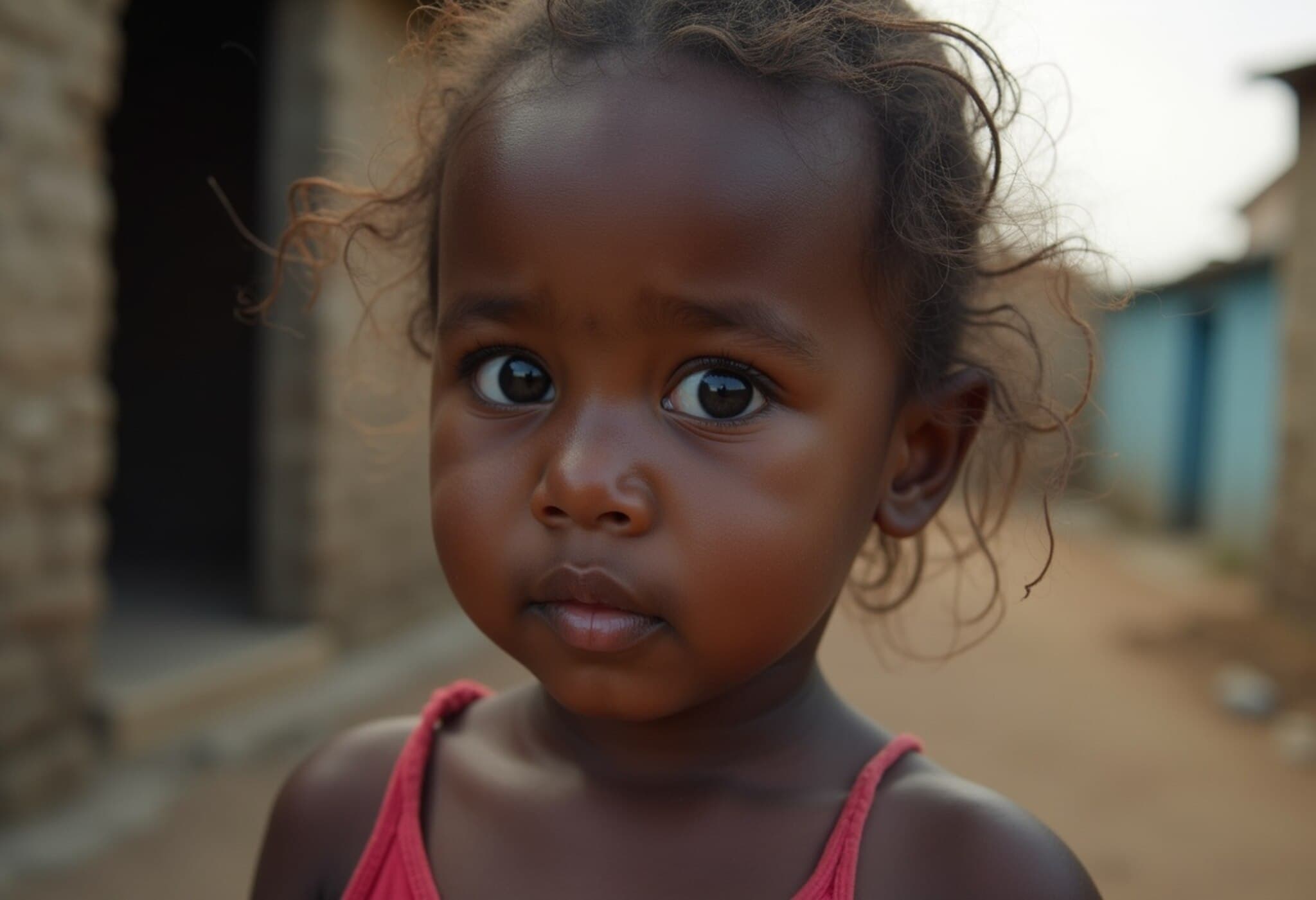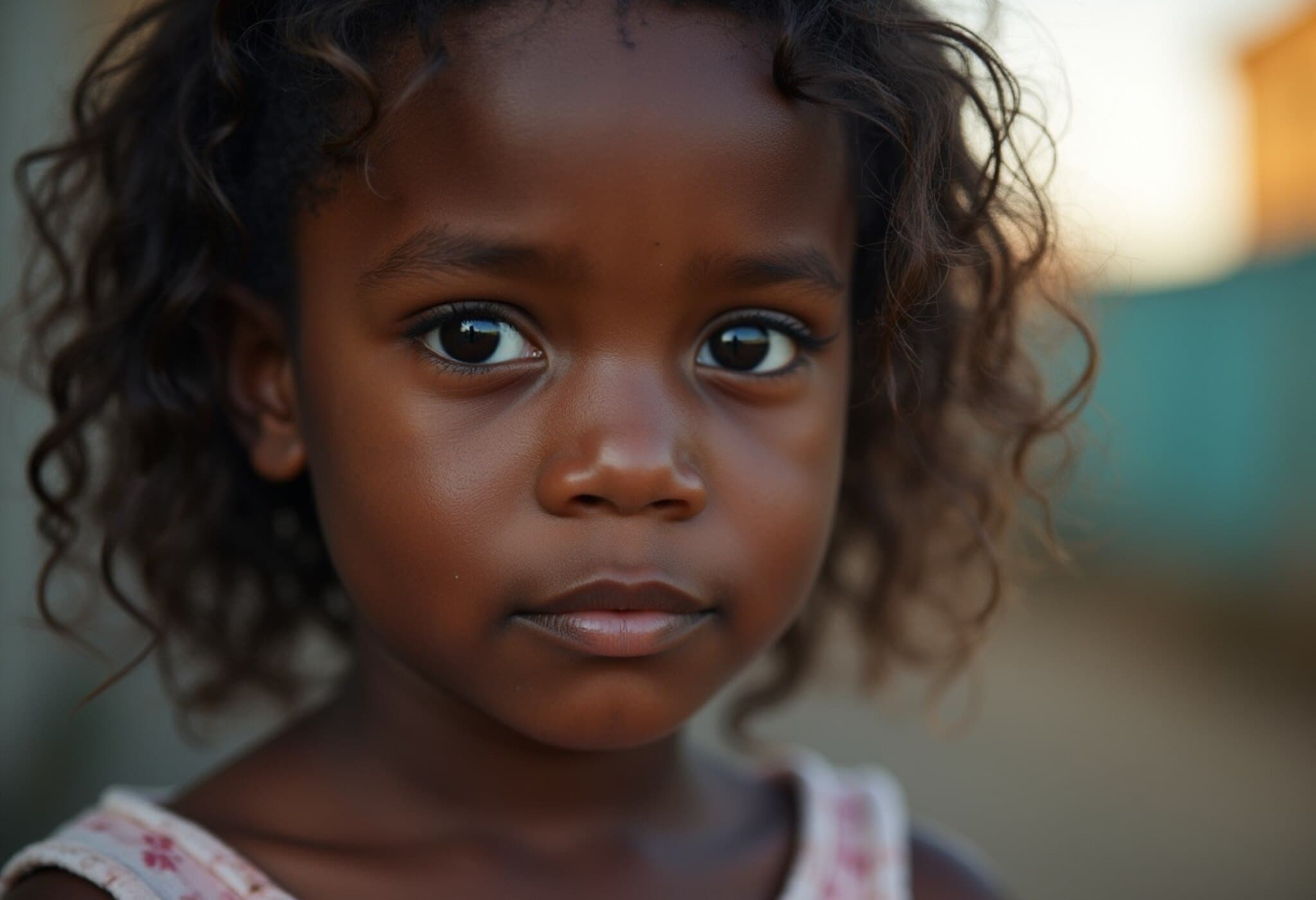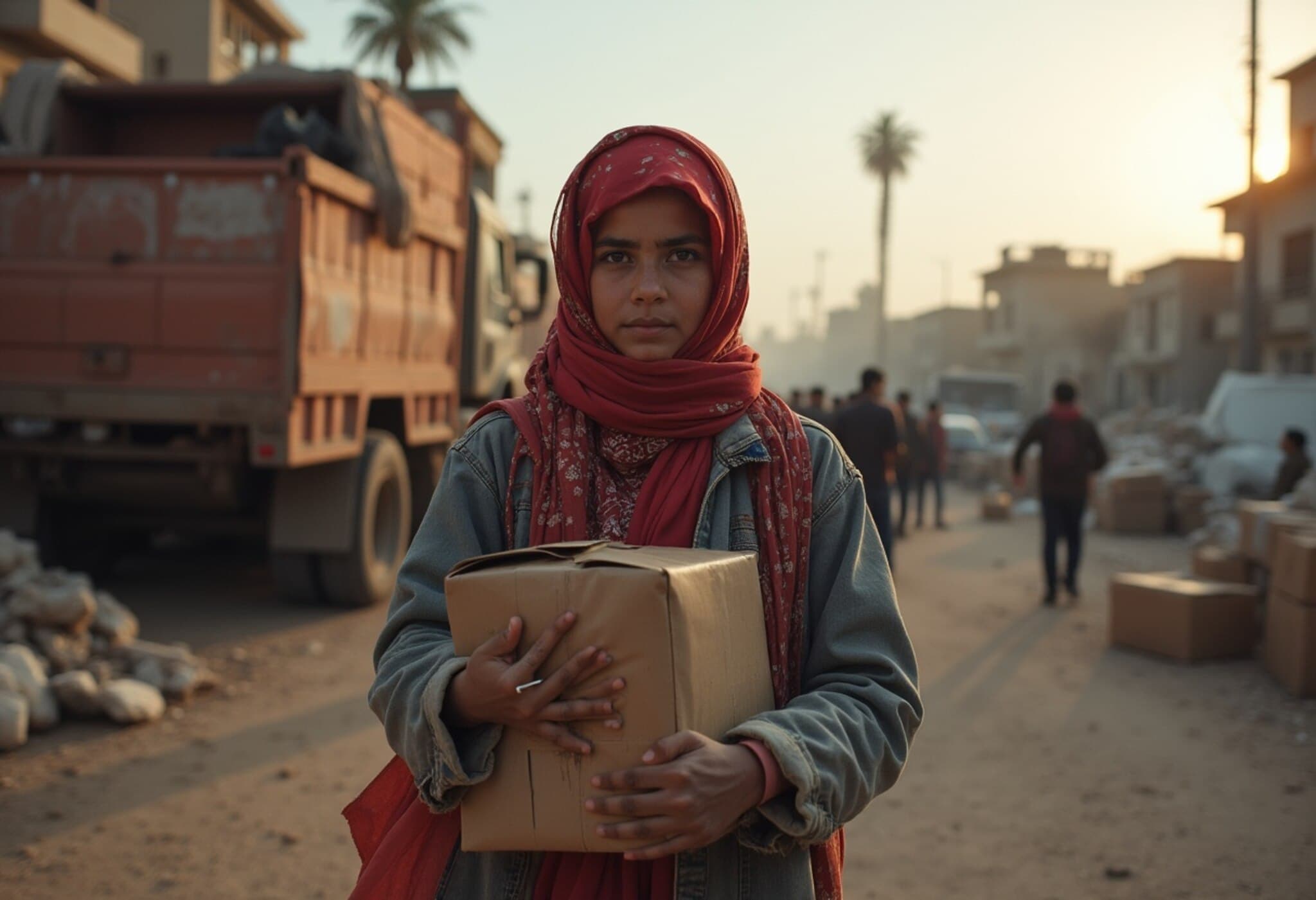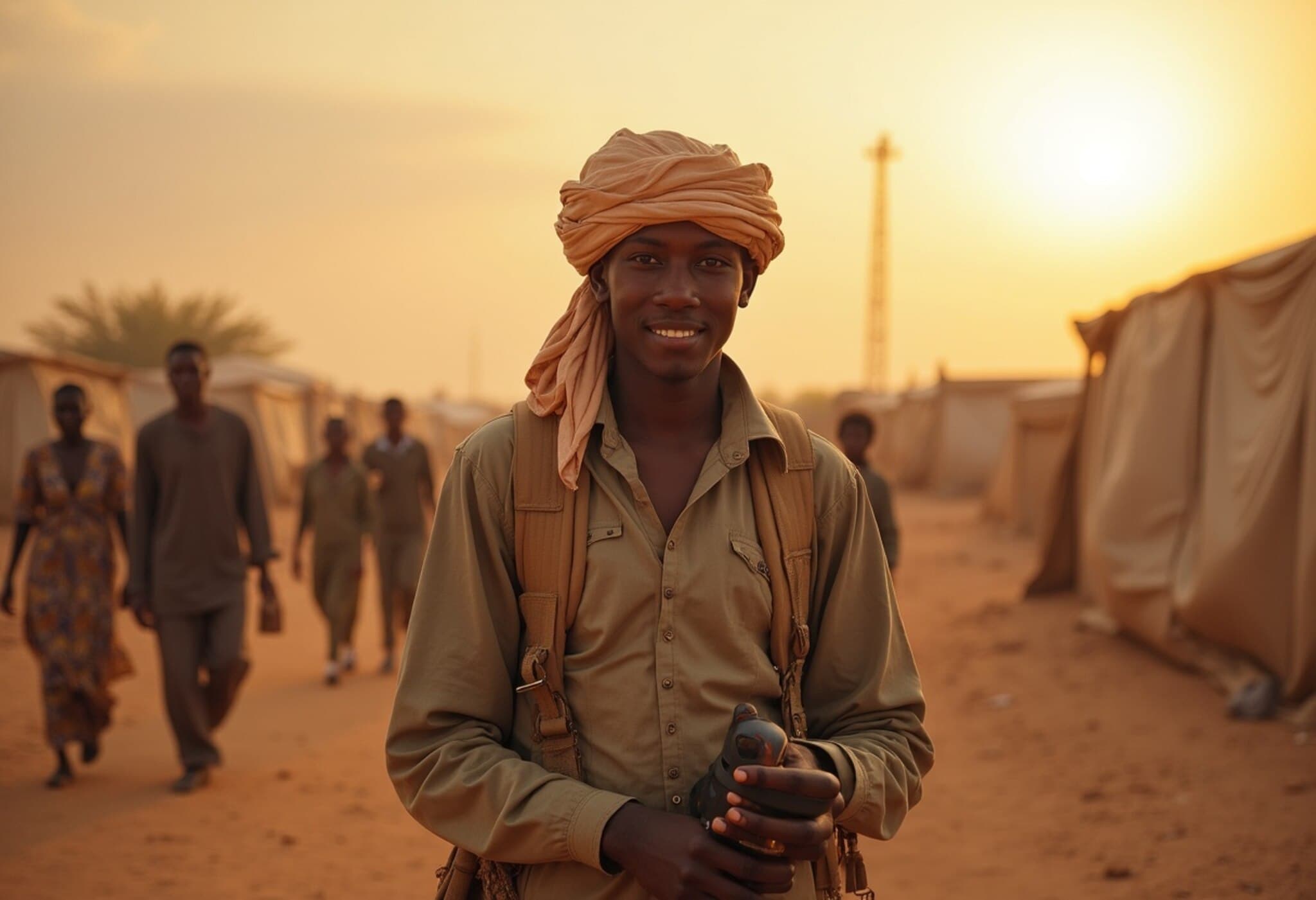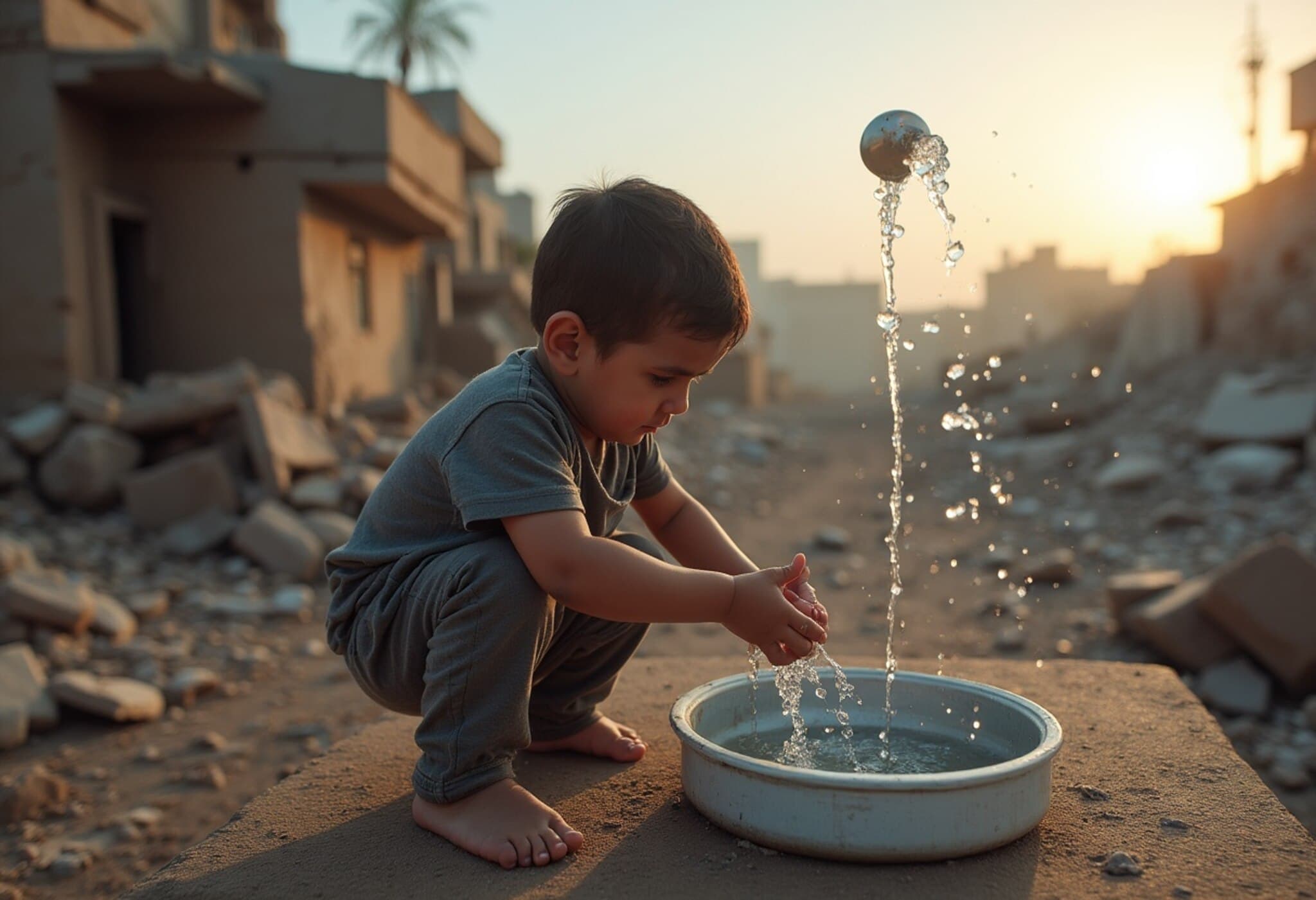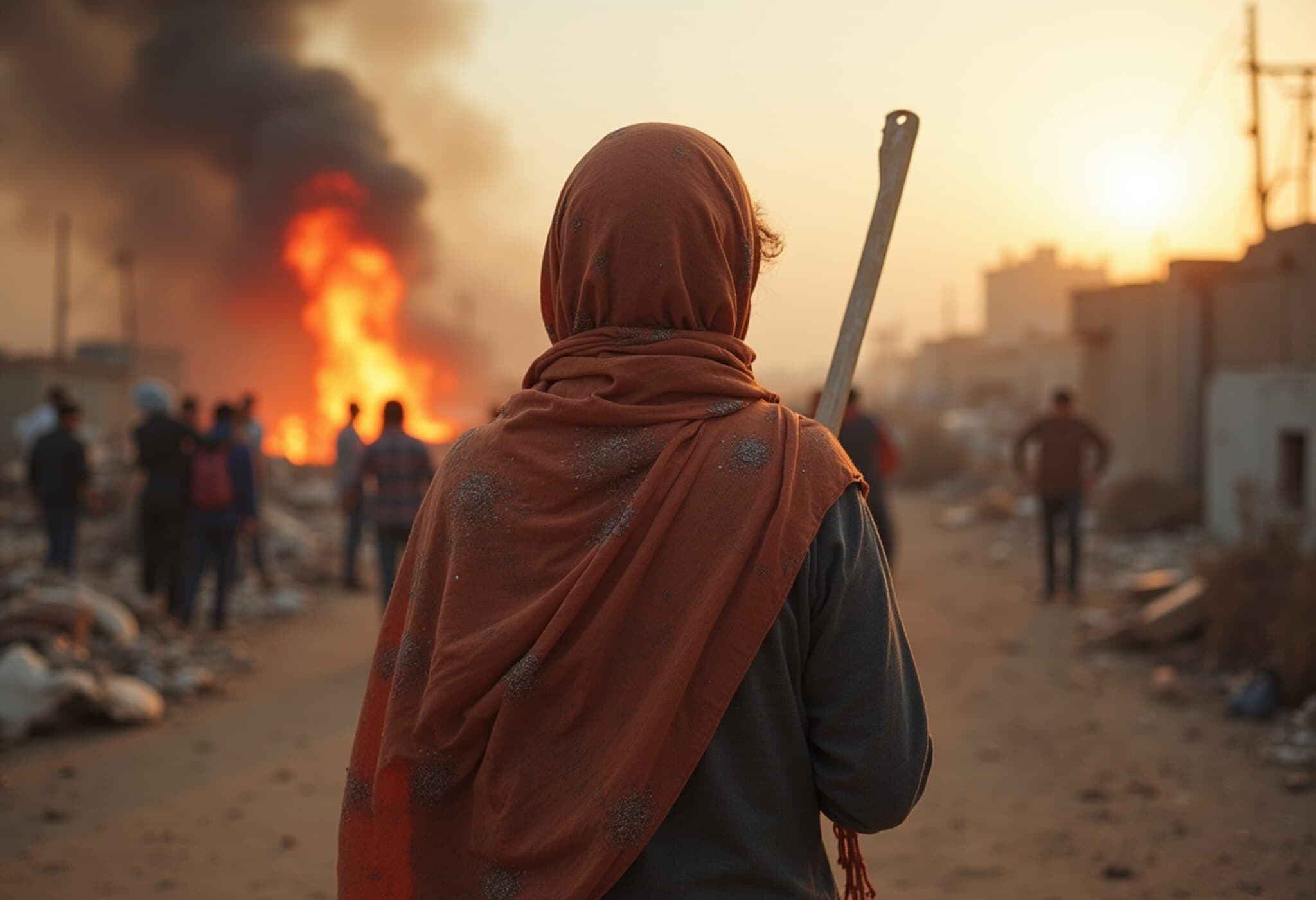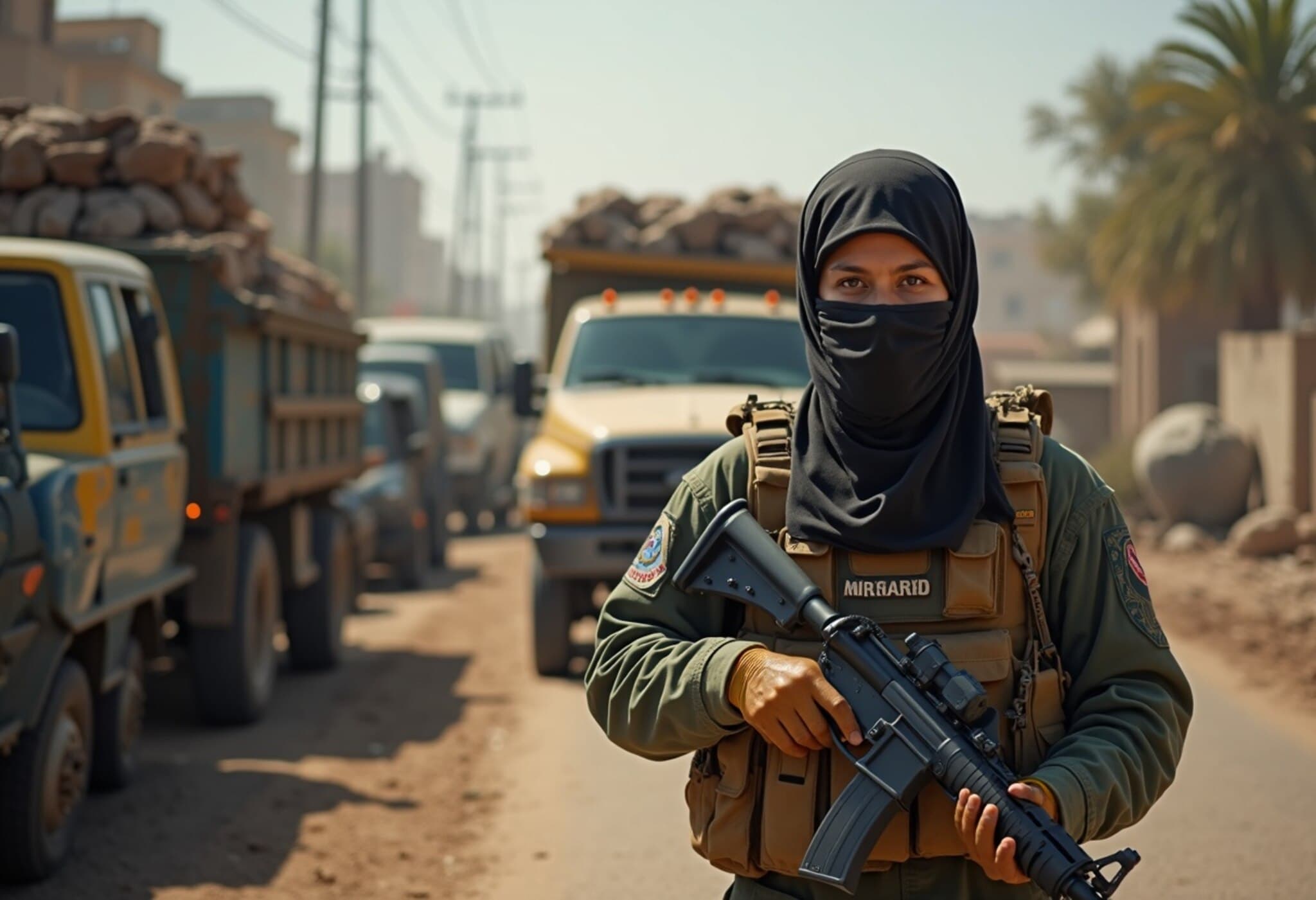Sudan's Children Face Dire Starvation Risk Amid Major Aid Shortfalls
A looming humanitarian disaster is gripping Sudan as critical funding cuts jeopardize lifesaving support for millions of vulnerable children. UNICEF has raised an urgent alarm about the risk of widespread starvation and permanent harm to a generation already battered by conflict and displacement.
Conflict and Humanitarian Strain
Sudan’s devastating conflict between the national army and the Rapid Support Forces (RSF) has fractured the country, uprooting millions and plunging large swaths of the population into displacement. Areas such as North Darfur, including the Zamzam displacement camp, continue to suffer under persistent violence and restricted access.
Sheldon Yett, UNICEF’s Representative in Sudan, painted a grim picture from Port Sudan: “Children have limited access to safe water, food, and healthcare. Malnutrition is rampant, with many children reduced to skin and bones.”
Funding Cuts Compound Crisis
Despite escalating emergencies, major donor countries including the United States have reduced foreign aid spending, creating an unprecedented financing shortfall for humanitarian agencies such as UNICEF and UNHCR. Only about 23% of the $4.16 billion required by the global Sudan response plan has been funded.
This drastic underfunding is forcing NGOs and aid partners to scale back vital programs just as the need surges. “We are being stretched to the limits,” Yett warned. “Children are dying of hunger. We stand on the brink of irreversible damage to an entire generation.”
Access Challenges and Famine Threats
Access constraints worsen the crisis. Seasonal rains have rendered many roads impassable, complicating aid delivery. Some critical areas, including Al-Fashir, remain under siege, denying civilians essential food and medical supplies. Jens Laerke from OCHA emphasized, “It has been one year since famine was confirmed in Zamzam camp and no food has reached this area. We urgently need access now.”
The World Food Programme has warned that several districts south of Khartoum are perilously close to famine, underscoring the fragile food security situation.
Wider Implications and the Need for Global Solidarity
Sudan's crisis is not a distant tragedy but a pressing humanitarian challenge with significant geopolitical and moral dimensions. Cuts in aid funding mirror shifting priorities among donor nations amidst growing global crises. Yet, the stakes are enormous: millions of children vulnerable to starvation today represent lost potential tomorrow.
Experts argue that sustained international commitment is critical to prevent a catastrophic generational setback. Failure to act risks not only escalating mortality but also long-term societal destabilization, complicating prospects for peace and recovery in the region.
Editor's Note
The unfolding situation in Sudan is a stark reminder of how fragile global humanitarian systems remain, especially amid geopolitical shifts and competing crises. This coverage invites readers to consider:
- How can policymakers balance national interests with urgent global humanitarian needs?
- What innovative funding and access solutions can be deployed to ensure children’s survival in conflict zones?
- How might the international community better safeguard aid flows amid political tensions?
This story underscores the vital role of sustained, principled funding and access to protect children caught in the crossfire of conflict and neglect.

